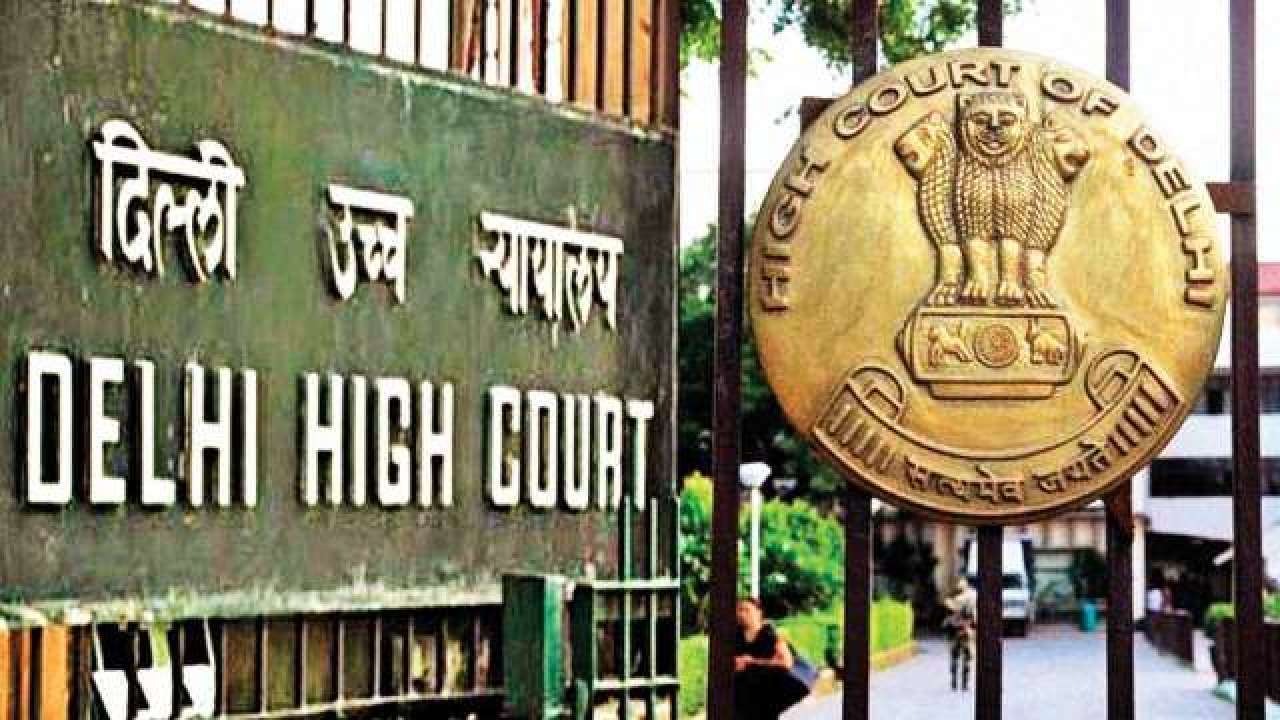


The Delhi High Court on Thursday observed that the Serious Fraud Investigation Office (SFIO) is not barred from investigating offences under the Indian Penal Code, 1860 or from conducting a 'further investigation‘ in accordance with law [RK Gupta and Others v. Union of India Through Ministry of Corporate Affairs and Another].
Justice Amit Sharma was hearing a petition filed by various persons seeking annulment of the SFIO’s investigation report pertaining to activities of Bhushan Power and Steel Limited and others, and all subsequent proceedings arising out of the same.
"From a conjoint and harmonious reading of the relevant provisions of the CrPC and the present Act, as quoted hereinabove, it cannot be said that the SFIO is barred from investigating an offence under the IPC. SFIO is not barred from conducting a 'further investigation‘ in accordance with law," the Court observed.The petitioners had also sought annulment of sanction granted by the Ministry of Corporate Affairs to the SFIO for initiating prosecution against them, and also challenged SFIO’s complaint and the trial court’s summons.In its decision, the Court noted that no prior approval of the Central government under Section 219(d) of the Companies Act, 2013 (power of inspector to conduct investigation into affairs of related companies) was required since the first petitioner is a 'Key Managerial Personnel‘ in terms of Section 2(51) of the Act.
"Since the complaint itself reflects that investigations were conducted with respect to the affairs of petitioner no. 2, the same would be covered under the provisions of Section 219 of the Act. However, the effect of not taking such prior approval would not ipso facto render the cognizance taken qua petitioner no. 2 by learned Special Court as invalid," the Court said while refusing to set aside the summoning order passed by the trial court.The Court further observed that the investigation report will be considered as a police report under the scheme provided for by the Companies Act, 2013. Therefore, the officer who submits the investigation report will also be considered an officer-in-charge of the police station, although this is not expressly stated in the Act.
In this regard, Justice Sharma observed,
"If during course of investigation under the present Act, the concerned Investigating Officer comes across commission of offences punishable under the IPC or any other law relating to the transactions being investigated, then the same cannot give rise to distinct proceedings. Such investigation can be carried out under Section 4(1) of the CrPC. If the report which is subsequently filed is to be treated as a police report under Section 173(2) of the CrPC, then the officer, as explained hereinabove, is to be considered to be vested with powers of an officer in charge of a police station."
Accordingly, the Court stated that from a reading of the provisions of the Code of Criminal Procedure, 1973 and the Companies Act, it cannot be said that the SFIO is barred from investigating an offence under the Indian Penal Code, 1860.Senior Advocate N Hariharan and Advocates Ranjana Roy Gawai, Vashudha Sen, Vineet Wadhwa, Sharian Mukherji, Mueed Shah, Punya Rekha Angara and Prateek Bhalla appeared for the petitioners.Senior Panel Counsel Amit Tiwari and Government Pleader Chetanya Puri appeared for the Ministry of Corporate Affairs.
Advocates Nitin Agnihotri, Shriram Tiwary, Salman Razi, Upanshu and Nitin Agnihotri appeared for SFIO.
TAGS: Delhi High Court SFIO investigation IPC offenses further investigation.